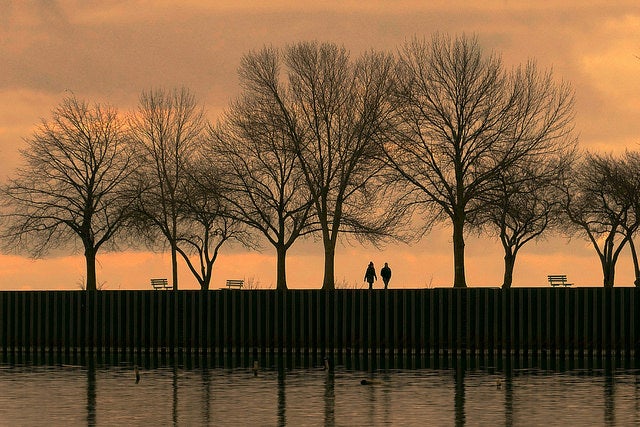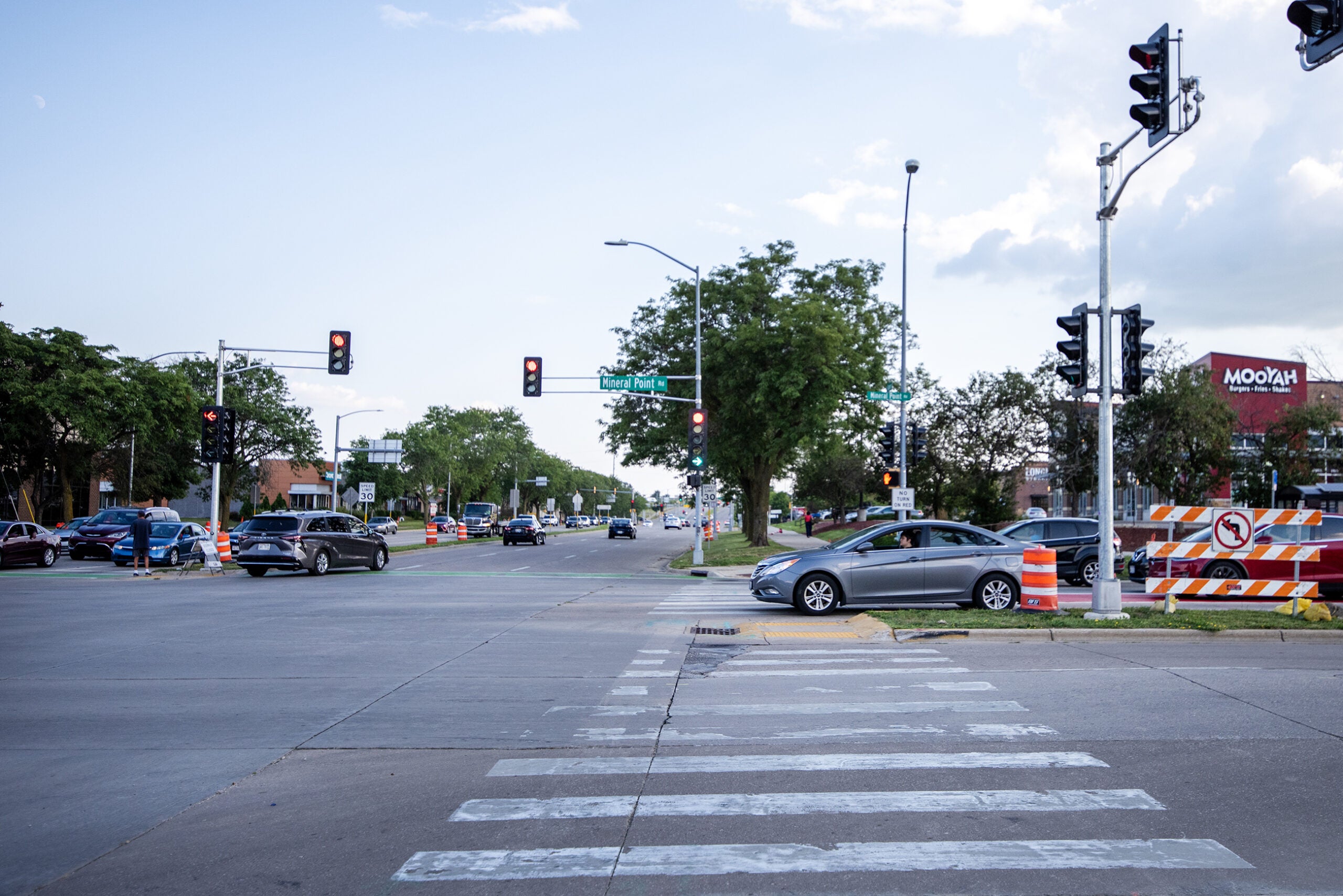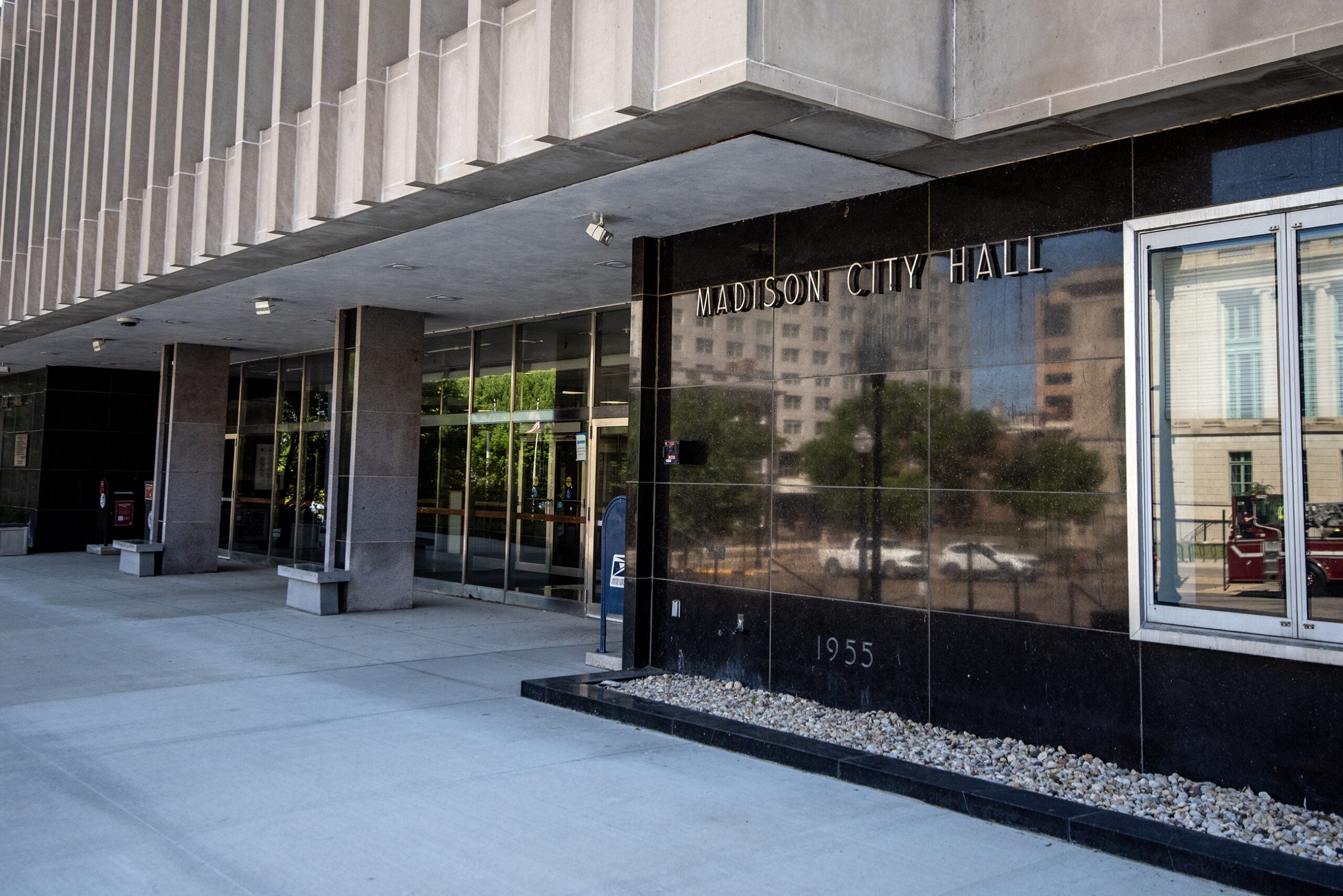New data from the United States Census Bureau shows one of Wisconsin’s two largest cities is shrinking, while the other continues to grow.
Milwaukee saw a loss of 4,366 residents from 2015 to 2016, according to the data’s annual 2016 population estimate released Thursday. Milwaukee, with an estimated population of 595,047, has seen a loss in residents each year since 2014.
Meanwhile, Madison gained 3,938 people from 2015 to 2016. Madison’s estimated population is 252,551 and has been growing since 2010.
Stay informed on the latest news
Sign up for WPR’s email newsletter.
David Egan-Robertson, a demographer with the Applied Population Laboratory, said people moving from Milwaukee to the suburbs now is what happened before the Great Recession.
“We’re starting to see sort of a post-recession pattern that more or less matches their historical pattern before the Great Recession that happened in 2007, 2009 or so,” he said. “And that is that they’re having some out migration of what we call domestic migrants.”
Milwaukee Mayor Tom Barrett said he isn’t worried about the 2016 estimates and is looking forward to the U.S. Census in 2020, when the next full census is completed.
“Bottom line, Milwaukee is not a city in rapid decline because its population is leaving,” Barrett said. “I’m confident that the 2020 final count will prove it.”
West of Milwaukee in Madison, Mayor Paul Soglin said attracting more people to the state’s capital begins with jobs.
“What we do is we focus on what are our job skills or where can we enhance the skills of residents,” Soglin said. “Then we match it with the kinds of businesses that might naturally land here.”
Soglin said they have focused on jobs in the technology, agricultural, and food and beverage industries. He said more people choosing to live in Madison can also have a positive impact on the city’s tourism.
Wisconsin Public Radio, © Copyright 2025, Board of Regents of the University of Wisconsin System and Wisconsin Educational Communications Board.



